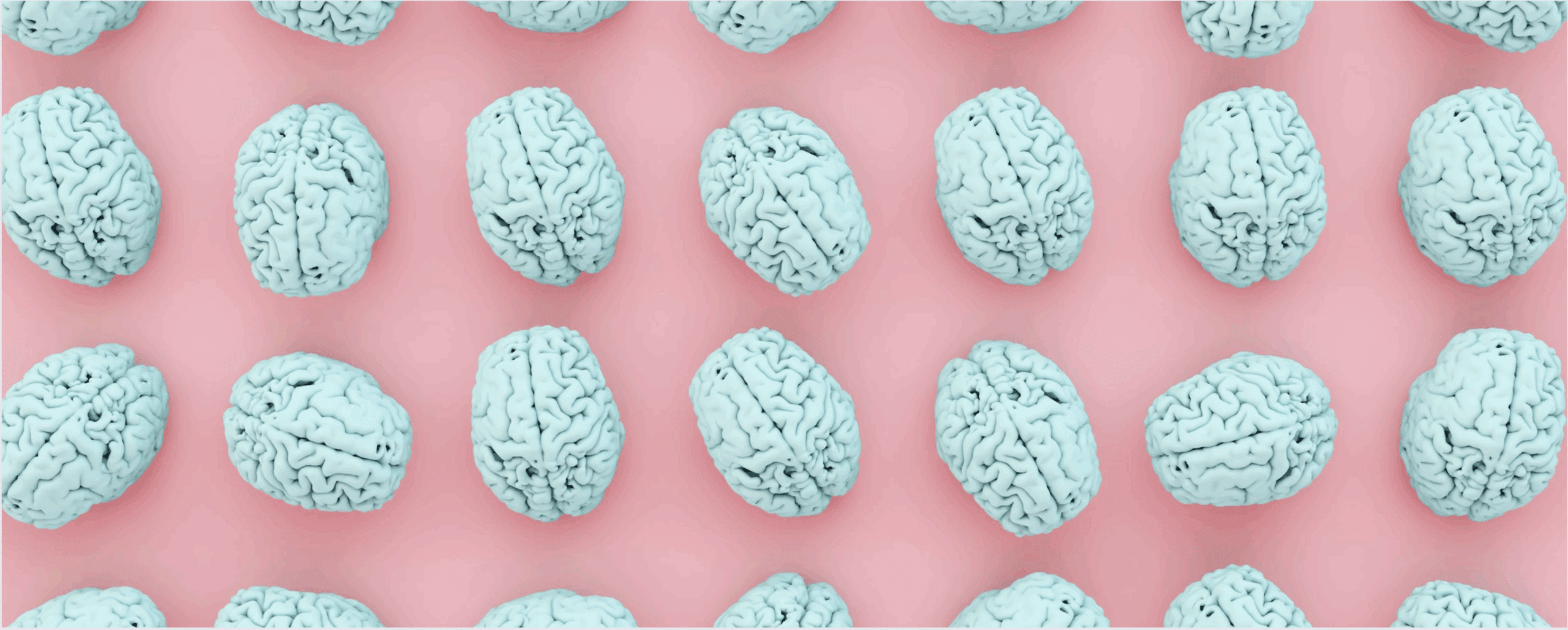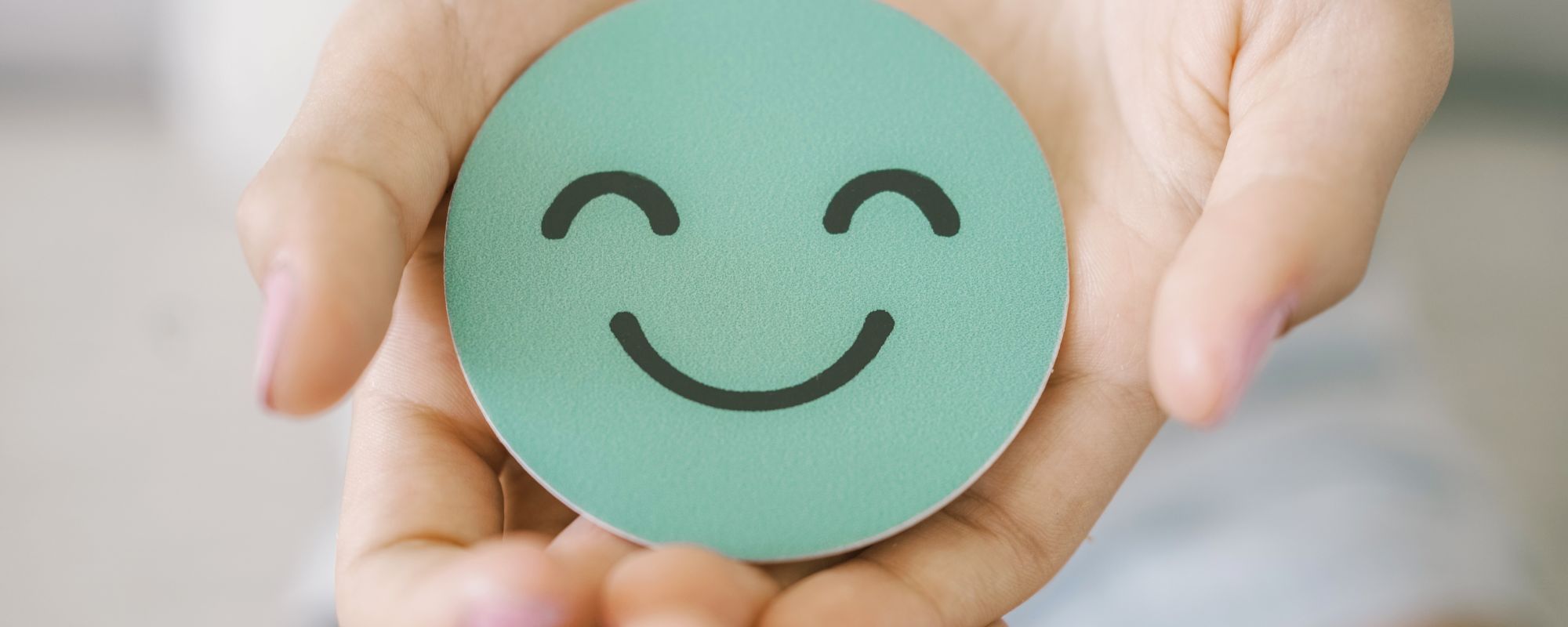Many supporters of marijuana deny the possibility that you can become addicted to the drug. They’ll say things like, “I used weed every day for 30 years and then quit without any issues. It’s not addictive.” The fact is, research shows you can develop an addiction to the drug and experience weed withdrawal symptoms. Why are there so many misconceptions about weed, and what should you do if you’re unable to stop using it?
What Is Marijuana?
Marijuana is the street name for cannabis, a flowering plant recognized for its psychoactive properties. The plant has acquired many other nicknames including pot, weed, Mary Jane, ganja, herb, and many more.
The plant contains compounds known as cannabinoids, with the most notable ones being THC (tetrahydrocannabinol) and CBD (cannabidiol). These compounds interact with the body’s endocannabinoid system, influencing a range of physiological functions.
Marijuana’s history dates back thousands of years, with various civilizations using it for its therapeutic properties, from pain relief to spiritual ceremonies. Throughout history, marijuana has faced both acceptance and skepticism in society. Its standing is often influenced by cultural, political, and legal factors. In some cultures, marijuana is revered for its medicinal properties, while in others, it has been stigmatized due to its psychoactive effects. Today, It’s the number-one drug used by Americans. It’s estimated that 55 million people use marijuana, and 4.4 million people suffer from a marijuana use disorder.
Stereotypes surrounding marijuana users have also evolved. From the outdated image of the “lazy stoner” to more nuanced portrayals in media, these views often oversimplify the diverse range of individuals who choose to engage with marijuana.
Get confidential help from our addiction and mental health treatment facilities located across the United States. Call to join one of our quality programs today!
Speak With Our Admissions TeamIs Marijuana Safe?
The safety of marijuana has been a topic of increasing relevance, especially with the changing legal status in various states. Marijuana legalization has created regulated markets, contributing to a more structured and controlled environment. This shift has facilitated research on marijuana, providing a deeper understanding of its effects and potential benefits.
Medicinal Benefits
Marijuana has been recognized for its medicinal properties, offering relief to individuals facing conditions such as cancer and epilepsy. For cancer patients undergoing chemotherapy, marijuana can help alleviate nausea and vomiting, enhancing their overall well-being. Certain strains of marijuana, particularly those rich in CBD, have shown promise in reducing seizure frequency in individuals with epilepsy. Additionally, marijuana has been explored for managing chronic pain and anxiety.
Modern weed, with its increased potency, presents both opportunities and challenges. The many forms of marijuana, including concentrates, edibles, liquid weed, and vapes, offer unique experiences. It’s important to recognize the potency of today’s marijuana can lead to stronger effects.
The safety of marijuana also depends on individual factors such as health conditions, tolerance, and susceptibility to adverse effects. Some individuals may experience side effects like anxiety, paranoia, or impaired coordination, especially with high-THC strains. If you’re considering using weed, you should consult with your healthcare professional, especially if you have pre-existing health conditions or concerns.
Regular and heavy marijuana use can lead to the development of tolerance, where higher doses are needed to achieve the desired effects. Some people combine the prescription drugs with weed for an enhanced experience. For instance, Adderall and marijuana are a popular combination, with users reporting a more intense high.
Is Marijuana a Stimulant or Depressant?
Many people wonder, “Is marijuana a stimulant” or “Is marijuana a depressant?” The drug can act as both a depressant and a stimulant, depending on the strain and the chemical reaction it has in a user’s body.
Stimulant Effects
Sativa-dominant strains are often associated with these stimulant effects. These include heightened energy levels, increased alertness, and enhanced focus. Individual experiences may vary, but users often report feeling more sociable, creative, and motivated after consuming marijuana with stimulant properties. This can make it a popular choice for activities that involve mental engagement and social interaction.
Depressant Effects
Indica-dominant strains are commonly associated with these depressant effects. These include relaxation, sedation, and a sense of calm. Individuals using marijuana with depressant effects may experience a sense of tranquility, making it great for relaxation and sleep-inducing purposes. This makes indica strains popular choices for evening or nighttime use.
Hybrid Strains
Many marijuana strains available today are hybrids, combining characteristics of both sativa and indica strains. Hybrid strains aim to provide a balanced experience, offering users a blend of stimulant and depressant effects.
Is Weed Addictive?
Marijuana use ranges from casual and occasional use to more frequent and habitual patterns. Habitual use implies a regular and consistent engagement with marijuana, often as part of a routine or for recreational purposes. On the other hand, addiction involves a more profound psychological and physiological reliance on a substance. You may experience cravings and an inability to control or stop consumption.
While marijuana is not considered chemically addictive in the same way substances like nicotine or opioids are, it can lead to psychological dependence. Psychological dependence involves a reliance on marijuana to cope with stress, anxiety, or other emotional states. Individuals may develop a habit of using marijuana as a coping mechanism, and breaking this pattern can be challenging.
Are There Weed Withdrawal Symptoms?
Deciding to stop using marijuana can bring about withdrawal symptoms. These symptoms happen as a result of this decrease in your body’s natural cannabinoid level. This imbalance without a substance is referred to as being “physically dependent.” The most typical symptoms of weed withdrawal include:
- Irritability, anger, or aggression
- Anxiety
- Insomnia
- Reduced appetite or weight loss
- Restlessness
- Depressed mood
- Stomach pain
- Shakiness or tremors
- Sweating
- Fever
- Chills
- Headache
Less common signs and symptoms of marijuana withdrawal include:
- Trouble concentrating
- Racing heart
- Nausea
- Vomiting
- Diarrhea
- Fatigue
- Runny nose
How Long Does Weed Withdrawal Last?
In general, withdrawal symptoms peak within the first week of stopping and gradually go away over the following weeks. Withdrawal symptoms can last up to two weeks.
Tips for Managing Withdrawal:
- Gradual Reduction: If possible, consider tapering off marijuana use gradually rather than quitting abruptly. This can help mitigate the intensity of withdrawal symptoms.
- Stay Hydrated: Drinking plenty of water can aid in flushing out toxins from the body and alleviate certain withdrawal symptoms.
- Healthy Distractions: Engage in activities you enjoy to distract yourself from cravings and withdrawal discomfort.
- Seek Support: Reach out to friends, family, or support groups to share your journey and receive encouragement.
- Professional Guidance: In severe cases, seeking guidance from a healthcare professional or addiction specialist can provide tailored support, weed detox assistance, and more.
Looking for quality treatment for substance abuse and mental health that’s also affordable? Aliya Health Group's treatment facilities accept most major insurance providers. Get a free insurance benefits check now!
Check Your CoverageMarijuana Treatment at Aliya Health Group
If you or someone you know is struggling with the symptoms of weed withdrawal, Aliya Health Group is ready to help.
There are various treatment options available, including:
- Partial-care programs
- Inpatient programs
- Outpatient programs
Throughout the weed detox process, you’ll work with a dedicated group of counselors, medical professionals, and other personnel. This team is trained to evaluate your symptoms and guide you toward a program that’ll help you refrain from using weed in the future.
Contact us today to learn more about our programs and how we can help.
- Cannabinoid Receptors and the Endocannabinoid System: Signaling and Function in the Central Nervous System – PMC (nih.gov)
- Marijuana Addiction Statistics [2023]: Usage & Abuse Rates (drugabusestatistics.org)
- Medical Marijuana | Epilepsy Foundation
- Cancer | Health Effects | Marijuana | CDC
- Medicinal Cannabis for Treatment of Chronic Pain – StatPearls – NCBI Bookshelf (nih.gov)
- Is marijuana addictive? | National Institute on Drug Abuse (NIDA) (nih.gov)
- Diagnostic Criteria for Cannabis Withdrawal Syndrome – PMC (nih.gov)
- Is marijuana addictive? | National Institute on Drug Abuse (NIDA) (nih.gov)















